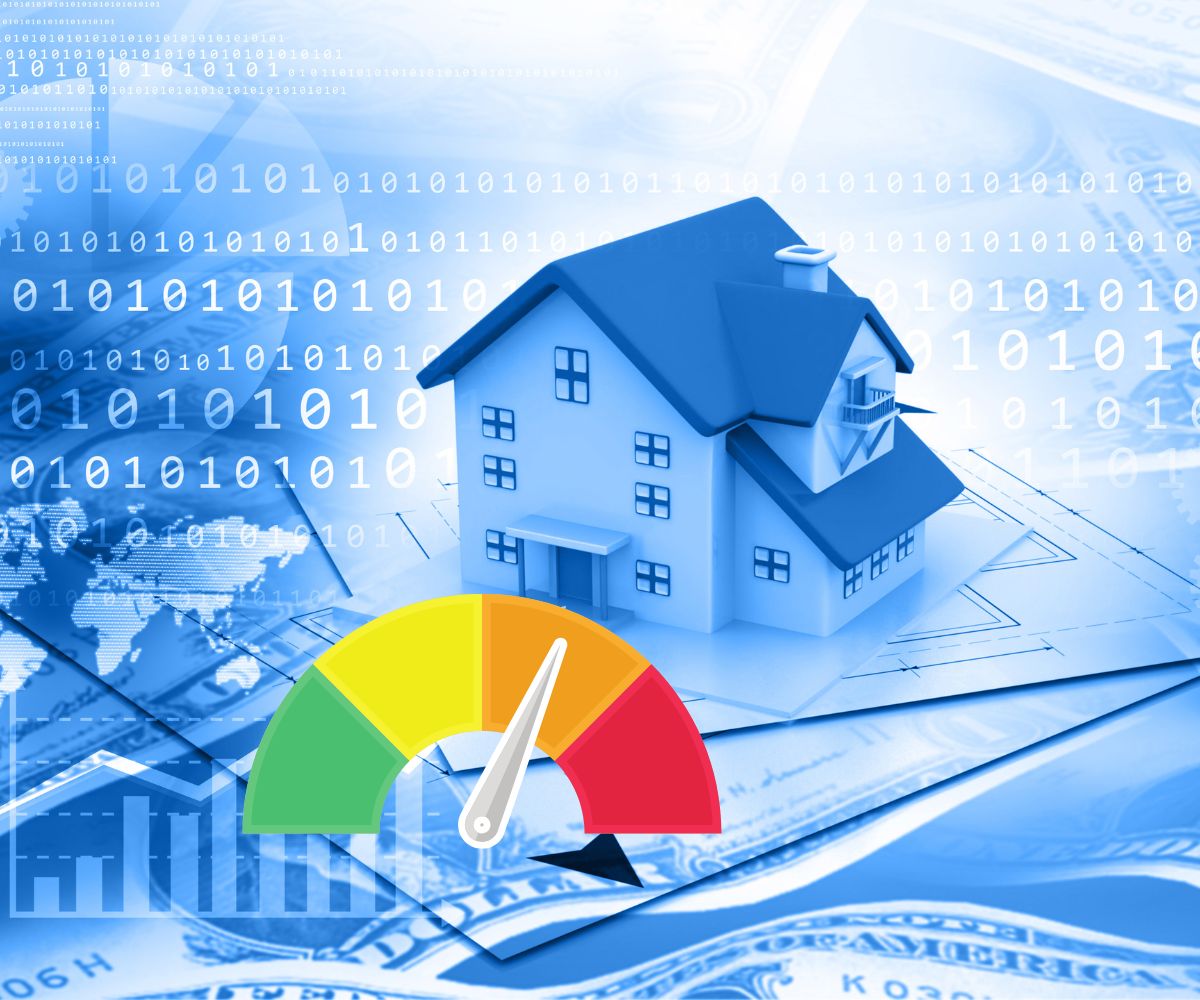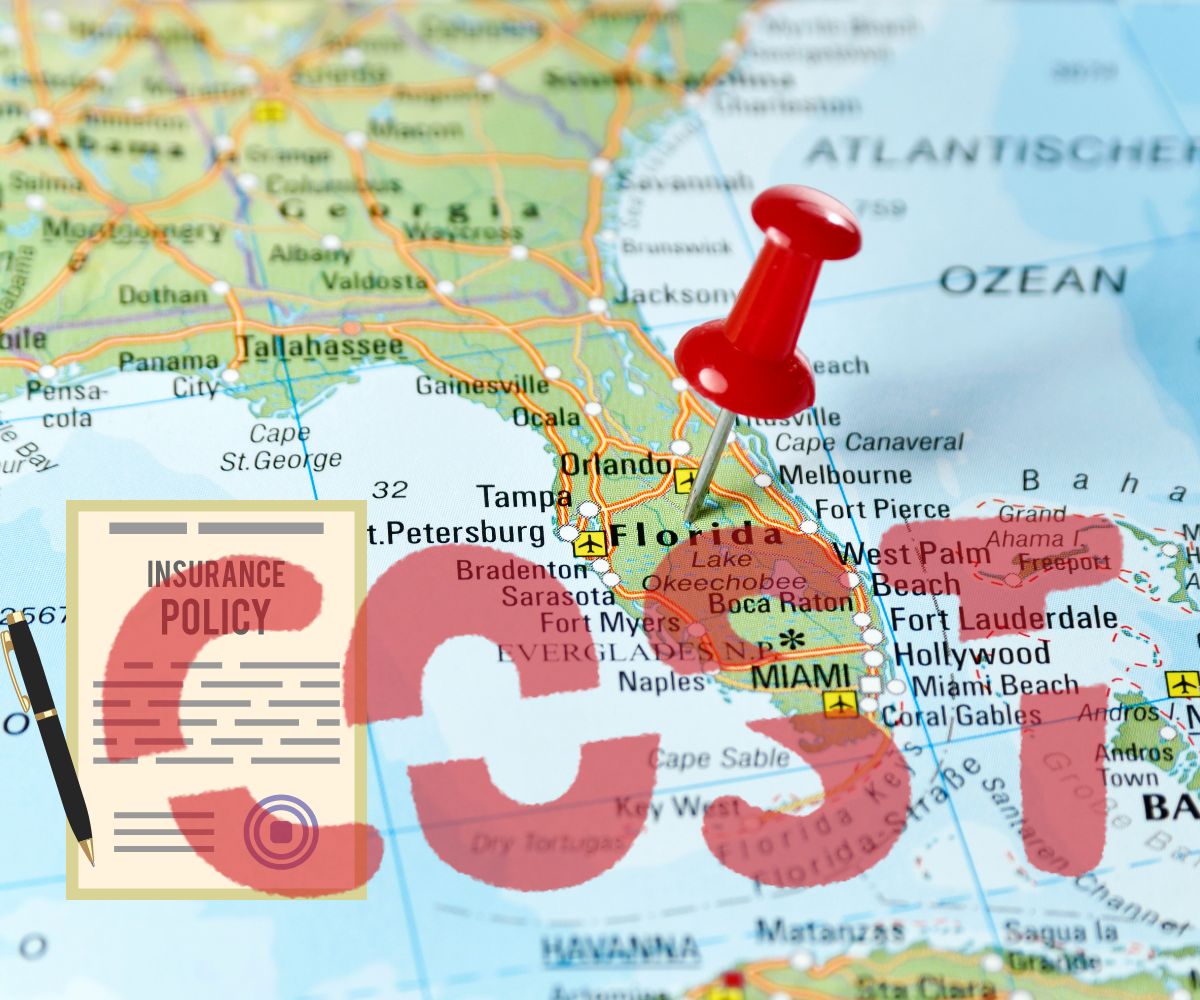Amid escalating homeowner insurance rates, a glimmer of hope emerges from South Florida as two political figures spearhead a legislative initiative aimed at significantly reducing these financial burdens on homeowners. The proposed congressional bill sets its sights on a 25% cut in property insurance costs nationwide, promising particularly dramatic relief for Floridian home and condo owners.
The legislation, coined the Natural Disaster Reinsurance Plan, is championed by U.S. Rep. Jared Moskowitz, a Democrat from Coral Springs, and Steve Geller, a former Florida legislator and current Broward County commissioner. It boldly addresses the economic strain faced by millions of Florida residents confronted with property insurance rates that triple the national average, which, as reported by the Insurance Information Institute in 2023, stands at an onerous $6,000.
A Potential Respite from Rising Homeowner Insurance Costs
Moskowitz’s bill, hinging on the cooperation of participating states, aims to lessen the dependency of insurance companies on reinsurance—a costly safety net that currently compels them to secure enough coverage for disasters with a once-in-a-130-year probability. The existing rigorous standards for reinsurance have posed significant challenges and financial burdens for insurance firms, issues this legislation aims to alleviate. The bill , introduced by Moskowitz last May, proposes a lowered threshold that anticipates a 1-in-50-year storm event instead.
Under the bill’s terms, should catastrophe strike beyond the revised parameters, the U.S. Treasury Department would issue 10-year Treasury notes to cover the exceeding amounts. These federal funds would then be repaid through a special assessment on homeowners, a minor caveat to the substantial savings promised, as noted by Geller in his pitch:
“That will lower the cost of reinsurance by about 50%, and that will result in a reduction in every… homeowner’s insurance policy of about 25% statewide,” emphasized Geller.
Concerns Over Market Sustainability and Housing Affordability
The unsustainability of spiraling insurance rates in Florida has extended concerns to the real estate market’s very foundation. Geller precisely articulates these concerns linking insurance costs to market stability:
“As a county commissioner, one of my major concerns is the affordability of housing. One of the major factors contributing to the high cost of housing, both home ownership and rental, is the high cost of windstorm insurance,” said Geller, presenting an urgency for reform that resonates with homeowners and industry watchers alike.
Key Points of the Insurance Reform Proposal Expanded
- Current Insuring Practices: Most insurance companies in Florida currently insure themselves against rare catastrophes, specifically those with a likelihood of occurring once in 250 years, as stated by Commissioner Geller. Such extreme precautions lead to an estimated $94 billion in potential claims damage.
- Legislation Shift by Congressman Moskowitz: Under the proposed bill, insurance companies would only need to insure for events with a 1-in-50 year frequency, aligning with an estimated $63 billion in damages. This move is aimed at significantly reducing the financial burden on both the companies and, ultimately, homeowners.
- Federal Government Intervention: Should damage claims exceed the $63 billion mark, the federal government would issue bonds to cover the additional costs. This innovative approach ensures that catastrophes surpassing the reinsurance threshold are managed without immediate, undue financial stress on the insurance system.
- Reimbursement Strategy: The plan includes a reimbursement mechanism where state governments would pay back the federal bonds within a 10-year period. This repayment would be sourced from a small percentage tax applied to homeowner insurance premiums, designed to be minimal yet effective in covering the bond repayments.
- Reported Benefits Outweigh Costs: The comprehensive review indicates that the advantages of lowering reinsurance requirements—essentially reducing insurance premiums for homeowners by about 25%—significantly outweigh the potential costs associated with the occasional need to levy a small tax for bond repayment. Commissioner Geller and proponents of the bill argue that this strategic shift offers a balanced solution to the prevailing issue of high insurance rates in Florida, fostering both affordability and preparedness.
Broad Impact, but Legislative Hurdles Remain
While the proposed adjustment offers a canvas of hope across the state and potentially across the nation, it encounters legislative stillness, having witnessed little movement in Congress, with no Senate bill yet tabled to mirror its objectives.
The bill also invokes the need for state insurance commissioners to enforce the rate reductions, suggesting that without regulatory commitments, the bill’s savings may not reach the hands of homeowners—despite insurance companies’ cost savings.
What Lies Ahead
Despite the challenges ahead, the submission of the bill is a significant stride toward course-correcting the insurance cost trajectory. The proposal represents a clarion call to stakeholders, signaling the need for innovative approaches to safeguard residential financial welfare without compromising the necessary protections against unforeseen disasters.
With ongoing dialogues and the critical eye of policymakers, the progression of the Natural Disaster Reinsurance Plan continues to be a central watchpoint for Florida homeowners and the insurance industry at large.

